Publications
Articles, publications, books, tools and multimedia features from the U.S. Institute of Peace provide the latest news, analysis, research findings, practitioner guides and reports, all related to the conflict zones and issues that are at the center of the Institute’s work to prevent and reduce violent conflict.
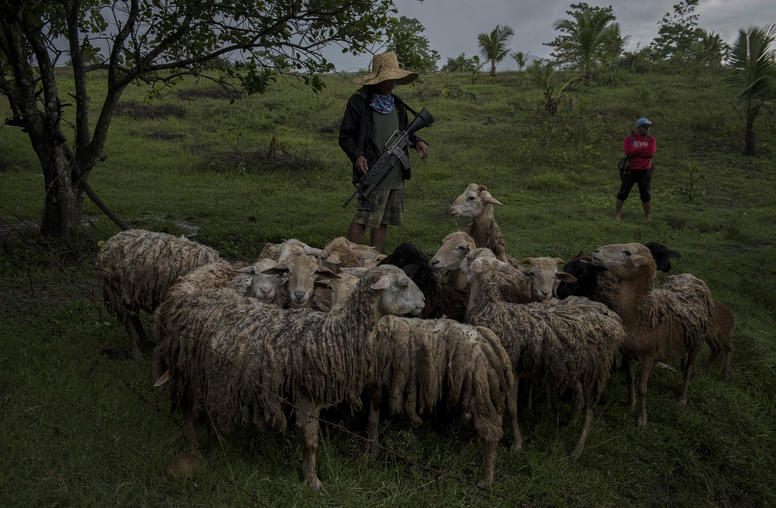
The Importance of Settling Clan Feuds for Peace in the Philippines’ Bangsamoro Region
Clan feuds, or rido, are a constant threat to peace and stability across the territories of the Bangsamoro Autonomous Region of Muslim Mindanao (BARMM) in southern Philippines. Armed conflict displaces tens of thousands of people in Mindanao each year and rido is one of the causes of these displacements. The persistent cycles of rido contribute to other forms of social issues and violence, ranging from child exploitation to violent extremism.
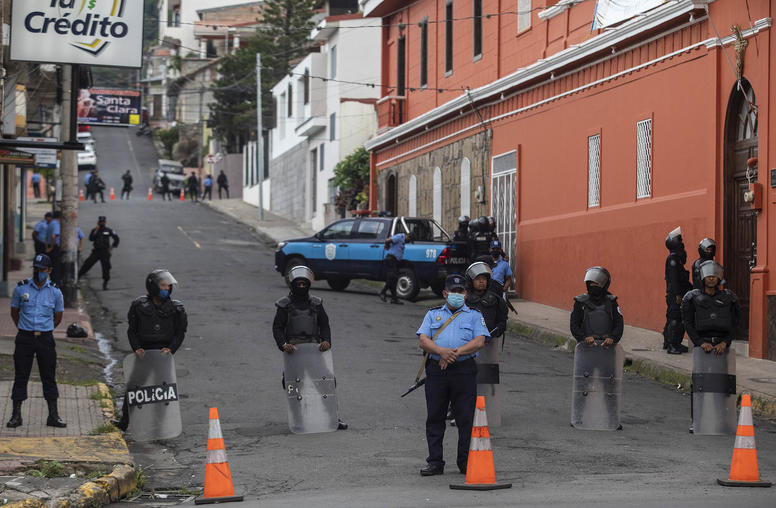
¿Seguirán otros líderes centroamericanos el liderazgo autoritario de Nicaragua?
El gobierno de Nicaragua ha intensificado su enfrentamiento con una de las instituciones de mayor arraigo e históricamente poderosas del país: la Iglesia Católica. La policía allanó la rectoría episcopal en la ciudad norteña de Matagalpa el 19 de agosto y arrestó a un obispo, cinco sacerdotes y dos seminaristas. En las últimas semanas, el presidente Daniel Ortega cerró siete estaciones de radio católicas, expulsó a misioneras y prohibió las procesiones religiosas en un esfuerzo por silenciar a la disidencia, incluso arriesgando contrariar a la fervientemente católica población del país.
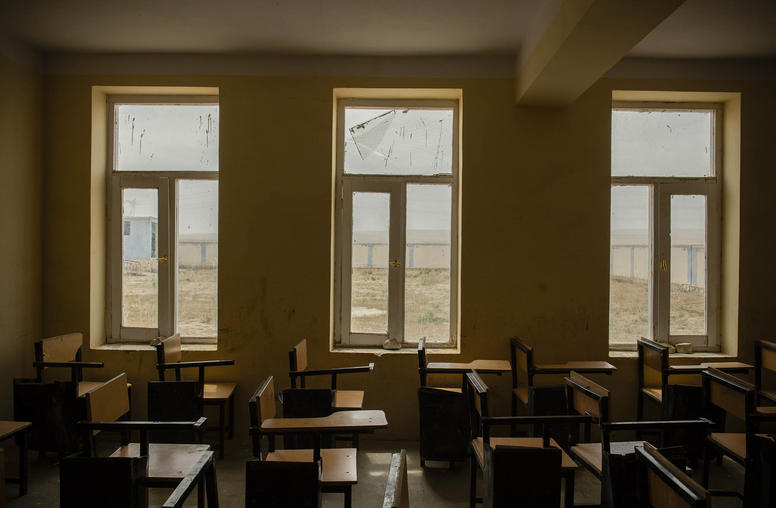
After a Year of Taliban Rule, Advances for Afghan Women and Youth Have All but Evaporated
Despite prior assurances that they had moderated their positions, the past year of Taliban rule has been marred by a disturbing rollback of women’s and girl’s basic rights as 20 years of advancements have nearly evaporated. Meanwhile, the current economic crisis has forced young Afghans out of the workforce and left them in dire financial and humanitarian straits. USIP’s Belquis Ahmadi and Matthew Parkes examine how the Taliban’s oppressive policies have affected Afghan women, girls and youth over the last 12 months and offer ways for the United States and international community to support Afghanistan’s next generation.
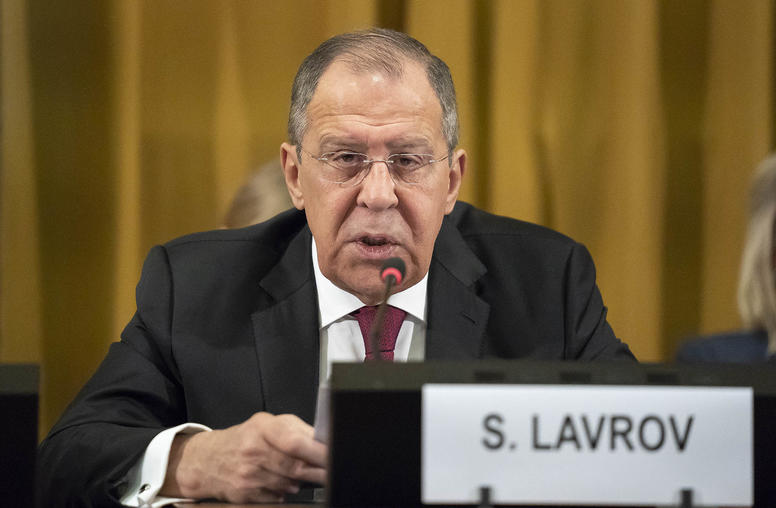
Amid War in Ukraine, Russia’s Lavrov Goes on Diplomatic Offensive
As Russia’s unprovoked and illegal war against Ukraine enters its seventh month, the Russian government continues its diplomatic offensive to prevent more countries from joining international condemnation and sanctions for its military aggression. Between July and August, Russia’s Foreign Minister Sergey Lavrov traveled to Egypt, Ethiopia, Uganda, the Republic of Congo, Myanmar and Cambodia — the last as part of the Association of Southeast Asian Nations (ASEAN) Foreign Ministers’ Meeting. This tour represented an evolving reorientation of Russian foreign policy from Europe to the Global South that has accelerated since Russia’s first invasion of Ukraine in 2014.
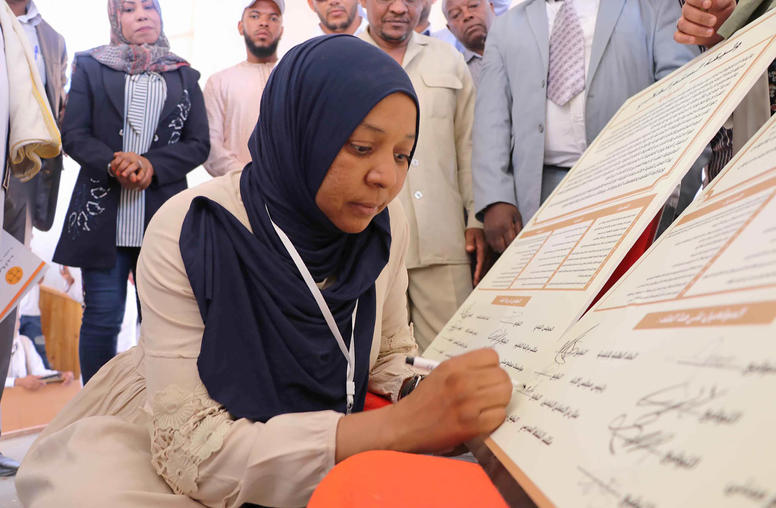
Peacebuilding Needs Local Partners — But How Do You Define ‘Local’?
The Global Fragility Act (GFA) marked the launch of a new U.S. government approach to conflict prevention and stabilization abroad. Notably, this new approach includes a commitment to locally-driven solutions — a reflection of the peacebuilding community’s growing emphasis on the local dimensions of peace and conflict.

Different Wartime Memories Keep Japan and South Korea Apart
The current state of relations between South Korea and Japan is, in the judgment of many observers, the worst since normalization in 1965. Despite decades of interaction, cooperation and even integration, relations between South Korea and Japan seem to have reverted to a dysfunctional status in which even the most basic forms of diplomatic intercourse present a challenge.
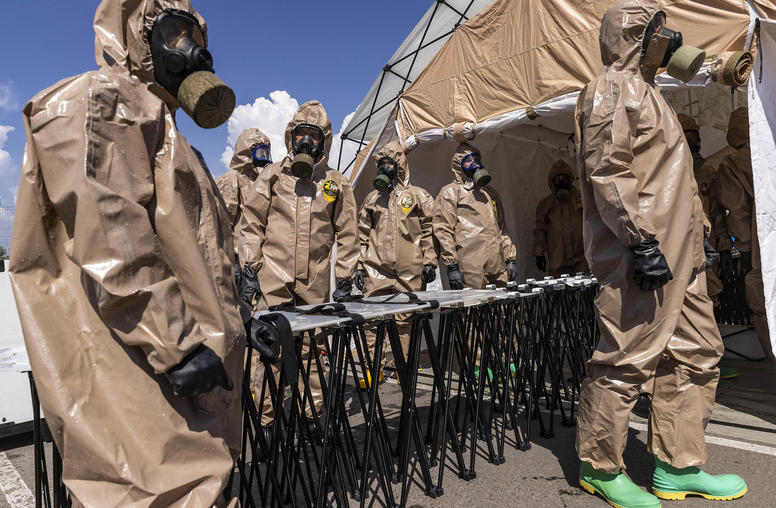
Russia’s New Nuclear Threat: Power Plants as Weapons
Russia’s invasion of Ukraine and occupation of Europe’s largest nuclear power station have triggered the first real-world case of a crisis that security scholars have feared for decades: a threat of radiological disaster from a wartime incursion on an operating nuclear power plant. Russia effectively is using the plant at Zaporizhzhia as a pre-positioned nuclear weapon to threaten and intimidate not only Ukrainians but millions of Europeans across a dozen countries. This is undermining global security institutions in which all countries have a stake, and Russia must join the international community in treating nuclear power plants as demilitarized zones.

Mary Speck on Nicaragua’s Democratic Backsliding
With President Ortega now attacking the Catholic Church, USIP’s Mary Speck says Nicaragua’s democratic backsliding “has gone further than any other country” in Central America — noting the risk that regional leaders could follow Ortega’s lead after they “see what [he] has been able to get away with.”

It’s Time to Help Myanmar’s Resistance Prevail
The international community can be divided into three camps in dealing with Myanmar’s brutal coup regime. One consists of a shameless group that includes Russia, China and India that supports the junta and, in the case of Russia and China, supplies weapons to further their own narrow national interests. A second is a divided ASEAN that cobbled together and continues to promote the so-called “five-point consensus,” an incoherent initiative that was dead on arrival more than a year ago. The third is the West, which has imposed sanctions, offered humanitarian aid and taken a strong rhetorical position opposing the coup, yet criticizes armed resistance and avoids bold action, favoring instead the cautious, ineffectual path of supporting ASEAN’s failed plan.

Acknowledging U.S. Missteps Can Ease Japan-South Korea Relations
History sits at the heart of the frigid relationship between South Korea and Japan. Not just the history of Japanese imperialism, but also the history of U.S. strategic interests since 1945. U.S. decision-making stemming from such interests — at first framed within the context of fighting the Cold War and now defined by U.S. competition with China — has oftentimes exacerbated long-term South Korea-Japan relations in its pursuit of expedient solutions and limited the opportunities and avenues for reconciliation.